It might say a lot about my activities on campus when I say that I really know my icebreakers. I have participated in enough trainings and encountered enough leadership-building exercises to have a good sense of what does and doesn’t work. One that I have encountered often and that I consistently despise is the activity where one person is blindfolded and a partner must lead them through obstacles. I find it extremely upsetting to experience sensory deprivation, especially in a public space. I am also hyper-aware that, for survivors of any kind of violence in the room, being made to feel unsafe can also be extremely triggering, bringing up past memories and inducing fear in the present day.
For me, whether or not participants can bow out is the difference that determines whether or not the activity and space are safe for survivors of violence.
The concept of a safe space is loaded because it’s hard to define exactly what will be safe for everyone involved and what limits should or should not be created. Safe spaces are criticized for being idealistic and overly politically correct in that they restrict people from what they truly feel. Despite the resistance, safe spaces are important for any movement(s) fighting for sex positivity and against sexual and other types of violence. A safe space can be a location for survivors and allies to come together and critically discuss the issues at hand. It can be a time when survivors feel they are less likely to be triggered. It can offer nonjudgmental support in dealing with the long-lasting after-effects of experiencing violence.
While this all sounds good, how to create safe space is an important question that is not as black-and-white as the necessity for it. Is a safe space created based on who is in it, whether or not they say problematic things, or by a set of procedures, such as being able to affirm one’s preferred pronoun to the group? Is conversation silted in a designated safe space, rewarding apathy and silence instead of a conversation where people voice their honest opinions? Is there a difference between “safer” spaces and “safe” spaces?
For me, a safe space is not one where I will be unchallenged, or won’t be triggered, or won’t be offended. I hope that fostering a dialogue without triggering, problematic language or actions is eventually possible, but I also understand that, especially for people who are new to the community, that can be really difficult to acclimate to. Rather, the beginning is setting up a space where you can safely speak up if you feel uncomfortable, disagree or don’t understand. You do not know everything; I do not know everything; we are going to disagree and, unfortunately, we might offend. Knowing that we have the opportunity to state our discomfort and disagreement is the first step, but you cannot stop there.
Macalester has a long way to go before the entire campus moves from what I consider an ambiguously “safer” space to a legitimately safe one. Luckily, there are organizations and spaces on campus working diligently to increase awareness, sensitivity and political action addressing violence. I consider my column one of them, and I would like to take this opportunity to highlight two upcoming events that also address violence: the Clothesline Project and Take Back the Night.
I spoke to Charlotte Lastra and elisa lee, two of the co-chairs of FIA*STARSA (Feminists in Action * Students Taking Action Against Rape and Sexual Assault), the org organizing the two events. Both of these events are part of national campaigns aimed at addressing sexual violence, and Macalester’s versions open up the space to talk about violence in all forms. The Clothesline Project allows survivors of violence, family and friends of survivors, and allies a space to express their stories on shirts that will be publicly displayed. Take Back the Night, like it was last year, is a rally that starts with people speaking about violence in an open mic format and ends in a march around campus.
For me, these events are so important because they open up the space to have these discussions that don’t happen enough on campus.
“It is such a hard issue to bring up,” elisa acknowledged, in part because “it could be and can be and is triggering. And honestly, even as an ally, I don’t know how to bring it up in discussion. But just because of my discomfort, that doesn’t mean we shouldn’t be bringing it up. It’s important to represent the voices of people who are usually silenced even though this might be uncomfortable for people; I think that that discomfort is good.”
“Our goal,” elisa went on to say about both last year’s event’s turnout, “was not just to Take Back The Night, but to take back spaces that we felt put us in marginalized positions and made us feel Othered. You always associate a space with a certain feeling and you respond according to those feelings. Though our actions, we named it and claimed it as our own. And it wasn’t taking it back in a ‘I’m trying to dominate this space’ but a ‘I’m trying to make this space safer for myself and other people.’ It’s empowering to take away those inherent power dynamics that can be associated with that kind of space.”
While the temporal nature of the events limit how long that space can open up, Charlotte emphasized the emotional impact of claiming a space that, for whatever reason, felt unsafe.
“There is something about having the solidarity with the people who we marched around with, knowing we were all sort of all in this together and even if it was for this brief time, that people were hearing what we were chanting. It felt like we were getting heard in a space you feel unwelcome. It was a big, good feeling, if for awhile,” she said.
I am excited about the possibility and hope embedded in both events, because I see creating a safe space (however temporary) as a way to firmly declare there is an “After” after experiencing violence, and that there are ways to make Macalester safer. But we all need to take part. There needs to be constant, active, conscientious improvement of one’s sensitivity to how you, your words and your actions are going to affect others. You won’t be perfect, certainly not right away. I have definitely done or said things I’ve later regretted. However, it is my aim to prevent myself from offending others. Even if I only run into one other person whom that issue will affect, I want to make sure that that person will feel safe and comfortable talking with me. Because to me, that’s the way I act decently with peers. So-called political correctness is not about making yourself look good, but realizing that joking about issues can have immediate, rather than distant, consequences. That even at Macalester, there are people around you who have experienced violence—sexual, romantic, family, racial, political, etc.—or know someone close who has.
If you offend or anger someone, understand that you need to take the responsibility to step back, reflect and learn. One way to do this is in conversation. Another way is to do your research; know your facts. And most importantly, be there, be present and be supportive of the safe(r) spaces we do have on campus, such as the two events I’ve described.
Inserted are the dates and locations if you are interested in participating.



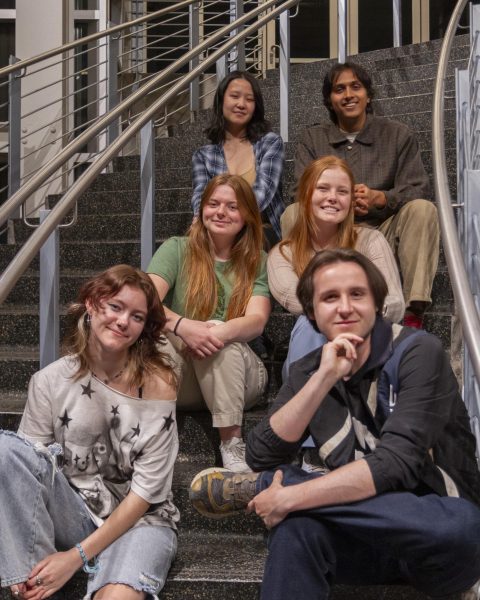
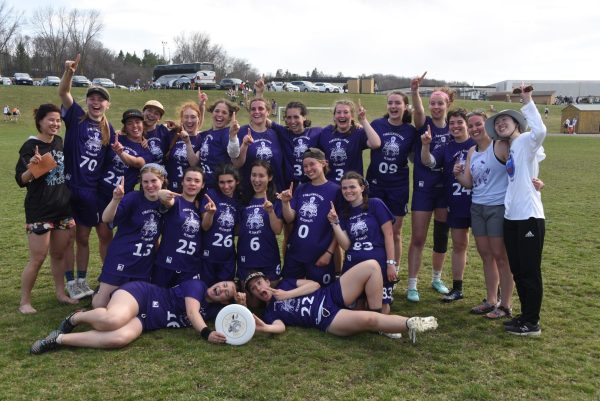
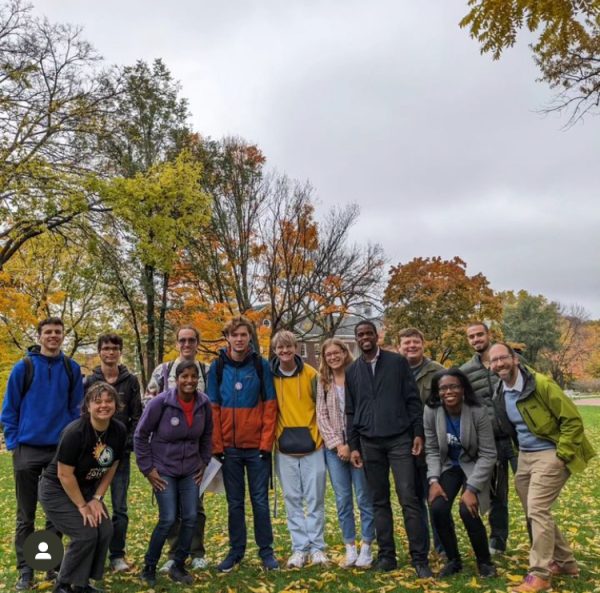






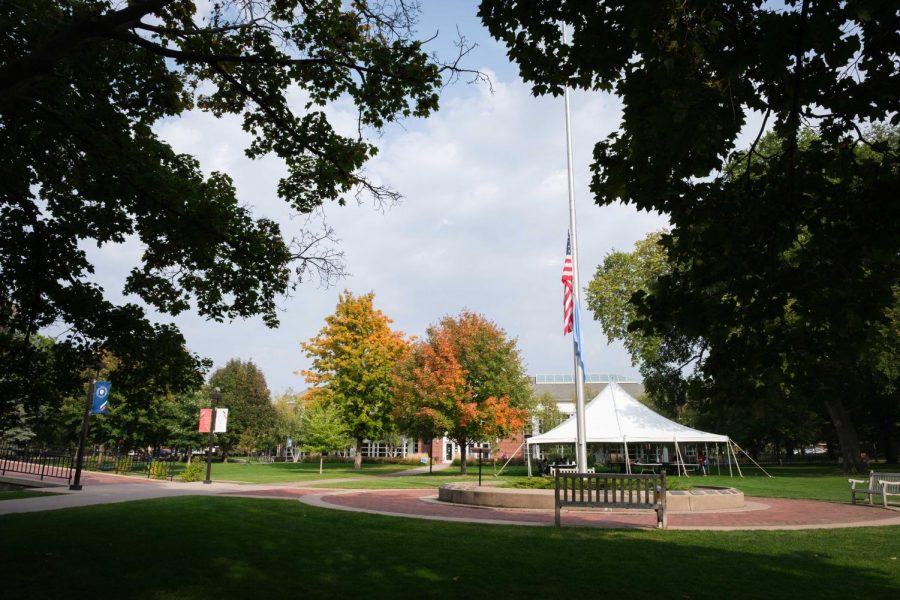
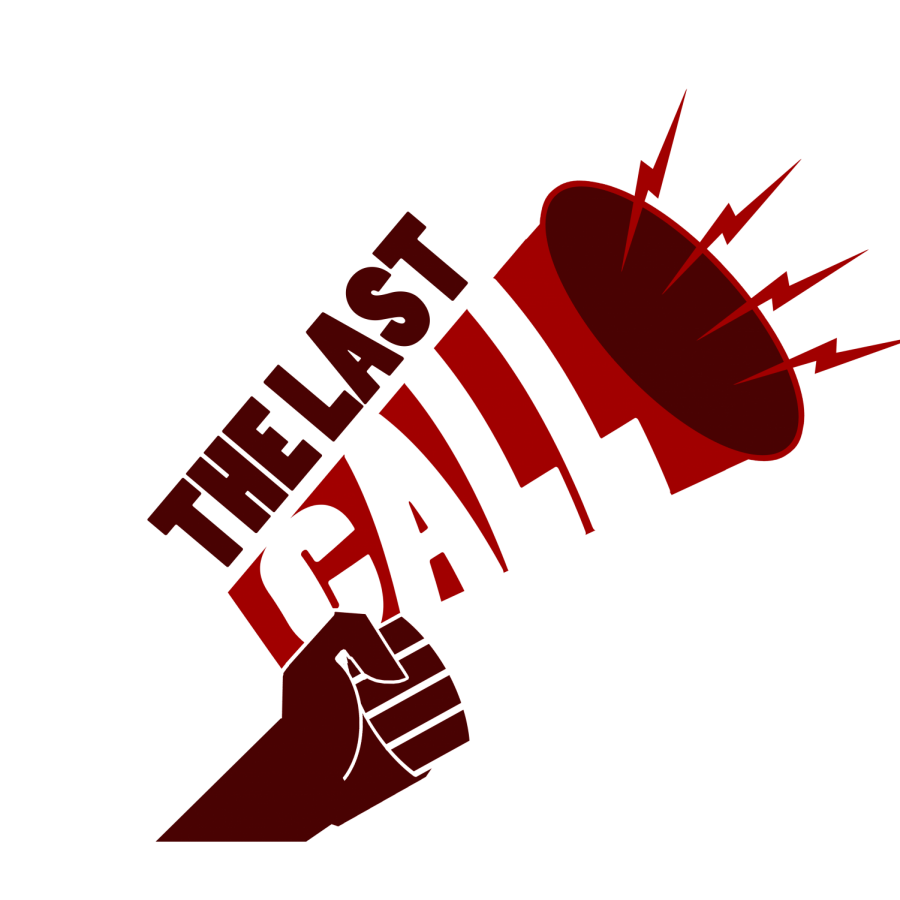
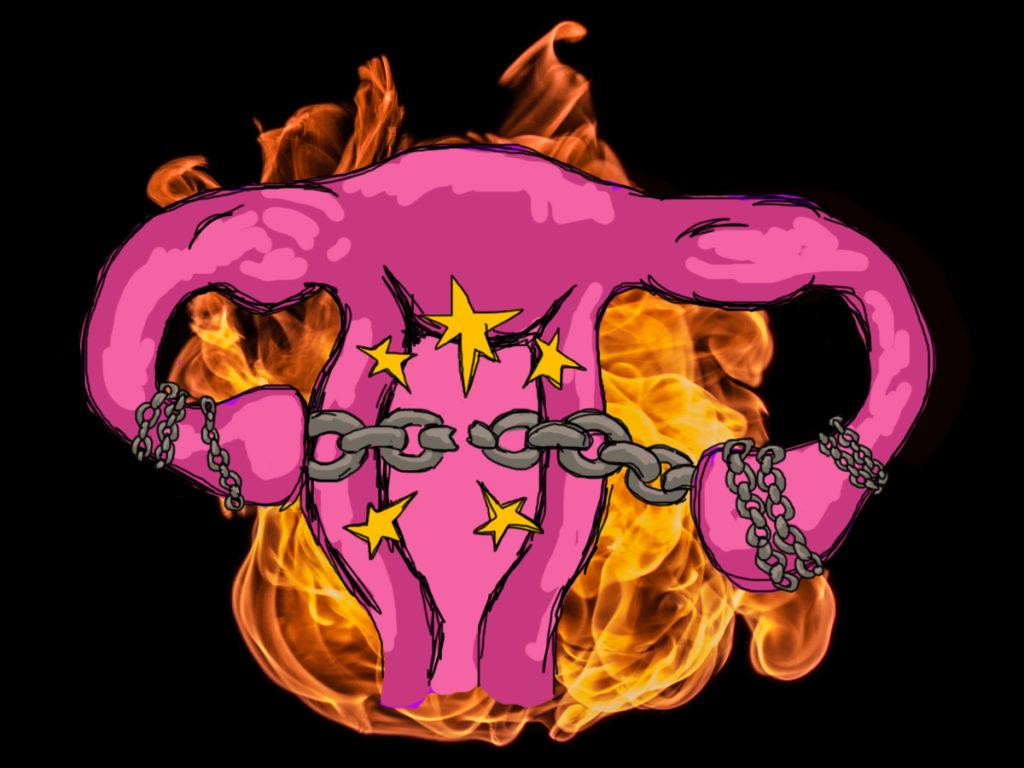
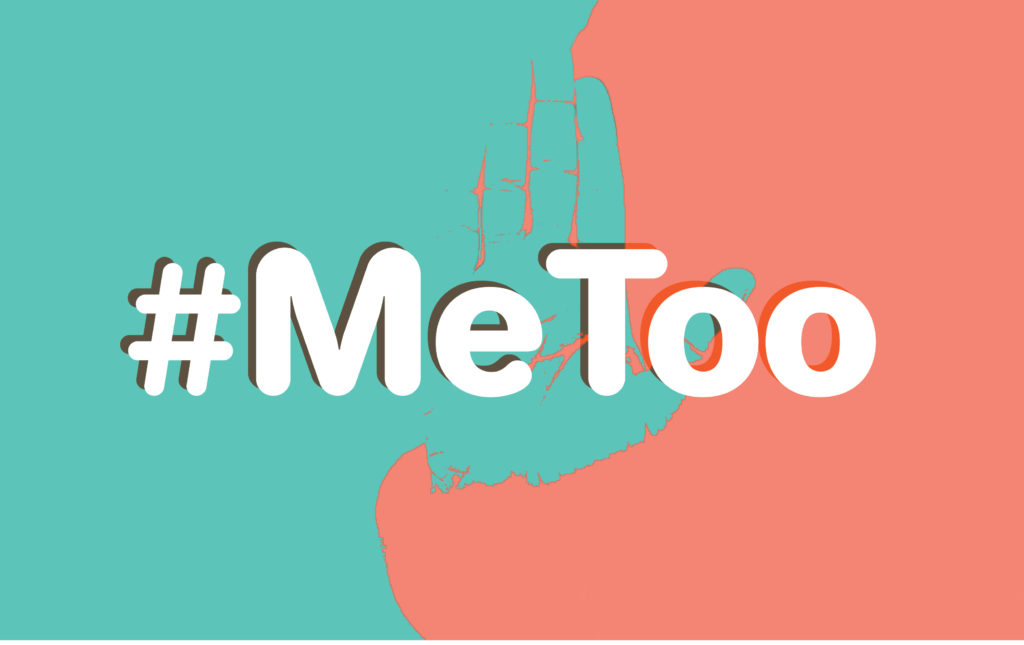
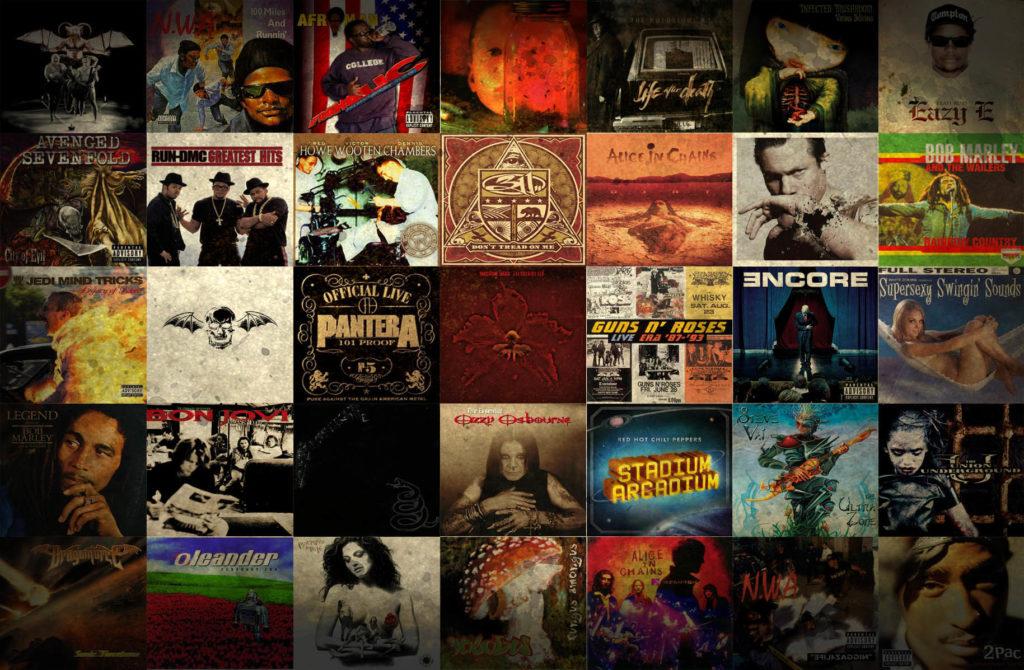
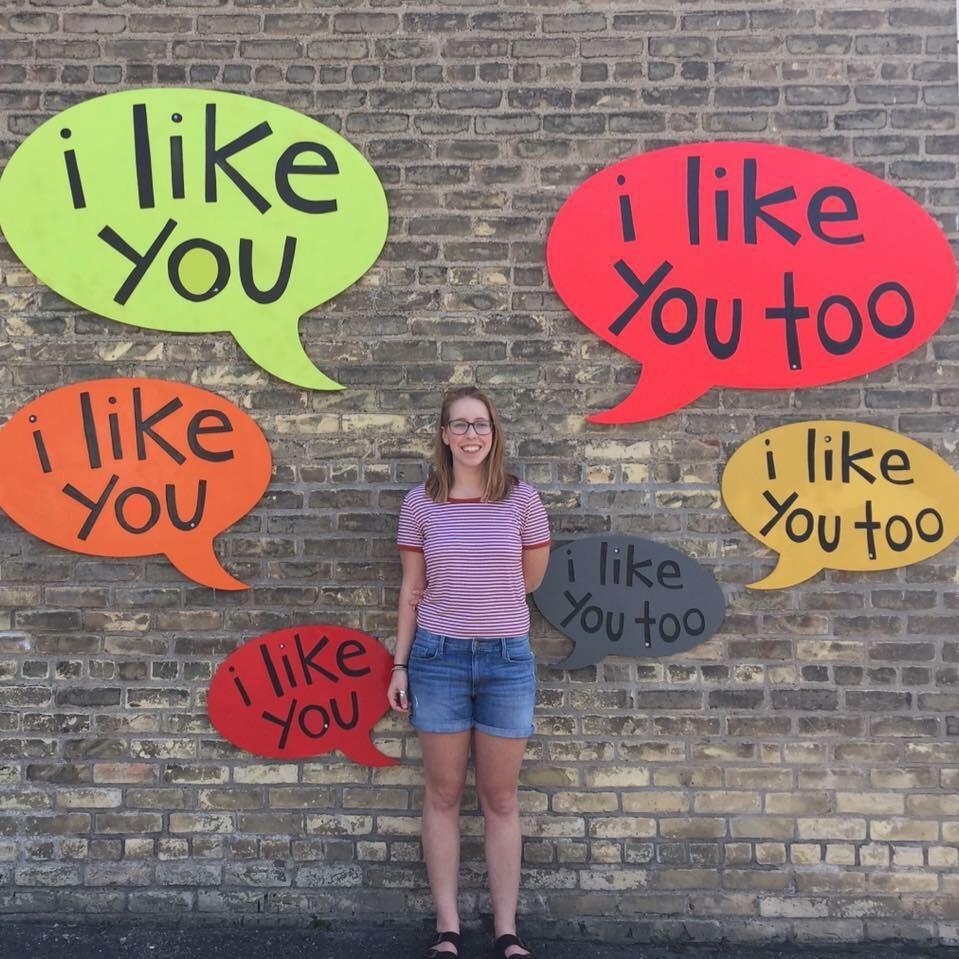
Diane Vance • Sep 11, 2019 at 5:48 pm
I all the time emailed this weblog post page to all my associates, for the reason that if like to read it next my links will too.
Faith Short • Sep 10, 2019 at 11:53 am
One thing I’d prefer to say is always that car insurance cancelling is a feared experience and if you are doing the appropriate things being a driver you simply will not get one. Lots of people do get the notice that they have been officially dropped by their own insurance company they then have to scramble to get added insurance following a cancellation. Inexpensive auto insurance rates tend to be hard to get after the cancellation. Having the main reasons regarding auto insurance termination can help drivers prevent sacrificing one of the most critical privileges offered. Thanks for the strategies shared by means of your blog.
Rose Kelly • Sep 5, 2019 at 8:43 am
Magnificent beat ! I wish to apprentice while you amend your website, how can i subscribe for a blog website? The account aided me a acceptable deal. I had been a little bit acquainted of this your broadcast provided bright clear concept